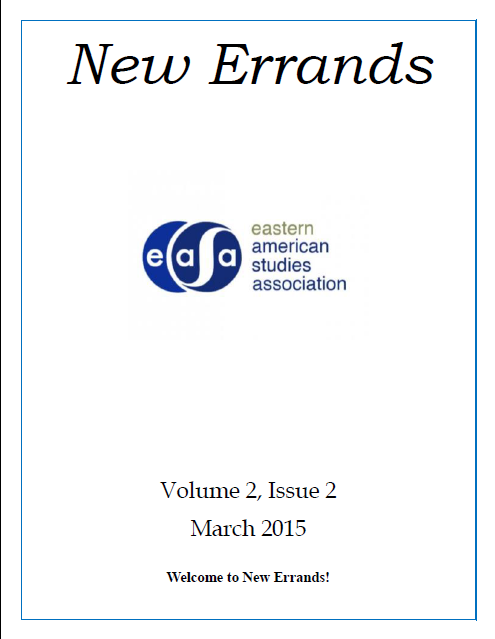Archaeology and Cultural Lineage in Of One Blood
DOI:
https://doi.org/10.18113/P8ne2259653Abstract
The racial commentary in Pauline Hopkins' Of One Blood; or, The Hidden Self (1903) is initially explicit: as she proclaims in the title, all races are "Of One Blood," the product of a shared history. In reality, however, Hopkins presents a far more nuanced argument about the nature of race and knowledge. Several of Hopkins' characters explore this issue by embarking on an archeological expedition to Ethiopia that mirrors a practice of expedition common among certain Americans at the time of the novel's publication. This expedition is interesting because of its historical and textual contextualization within a transition in the field of archaeology from an atmosphere of amateur antiquarianism to one of scientific professionalism. This positioning allows Hopkins to question the modes of knowledge that both techniques represent. In so doing, she displays what is invisible to Western ways of knowledge by exploring an Africanist approach to thought. The nature and results of the archeological expedition to Africa in Of One Blood suggest that the inclusion of African Americans in historically white intellectual spheres was inadequate without the recognition and respect of a unique African American mode of knowledge. Hopkins's claim that humanity is "of one blood" (193) is not an argument for a desegregated western academia but for the inclusion and recognition of African American cultural lineage.Downloads
Published
2015-03-21
Issue
Section
Articles

